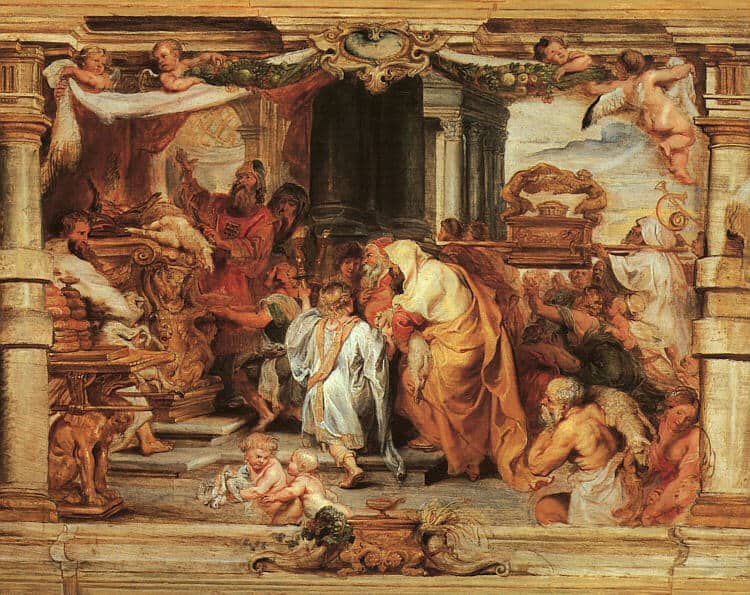
the book of leviticus
Leviticus is a graveyard for most embarking on reading through the whole Bible. It’s not hard to understand why. Leviticus is tough reading… well unless you have some background understanding to help!
Two towering questions receive answers in Leviticus. (1) How can a sinful people approach a holy God? And (2) how can people live holy lives?
What to do in God’s tent and what to do in your tent is the scope of Leviticus. Exodus ends with a tent filled with the presence of God. Leviticus explains what happens in and around the tent. A new people are taught how to draw near to God – their sins have to be atoned for. This new people learn how to live differently against a backdrop of total godless living. God tells them about purity and morality and how to live up to God’s high standard.
One of the reasons Christians get bored and lost in Leviticus is that the New Testament tells us that Christ has become our sacrifice and we live by the Spirit, not by the Law. He has put aside the need for all the Old Testament sacrifices and strict laws. It naturally follows that since we don’t need them, why know about them? The New Testament encourages us to think the opposite, however. It continually explains Christ’s work in terms of Levitical procedure. Hebrews 9:11-12 says, ‘Christ appeared as a high priest and entered into the holy places securing an eternal redemption’, and 1 John 1:2 says, “Christ is the atoning sacrifice for our sins”, almost demanding we understand Leviticus to comprehend Christ.
Sacrifices and cleanliness
The first few chapters are taken up with offerings and sacrifices. There are offerings to say ‘thank you’, others that atone for sin, and others that deal with guilt. Some do more than only one of the above. These offerings were given as compensation forwrong-doing on man’s part. The ‘sinless’ animal was given to compensate for the bad life of the person. It was only unintentional sins that were covered by these offerings. Try and place yourself in the story and understand the tremendous ordeal the Israelites had to go through to be cleansed of sin.
The rest of Leviticus is taken up with regulations for holy living. We need to realise that holy living is wholeness of life. It is living rightly in every aspect of life. Holiness extends to bodily health, food, false religions, clothing, social life, and sex. You will note the intricate detail Leviticus goes into to order holy living. Godliness consists of a total life lived for God.
It’s worth mentioning the many lines of articles surrounding ‘clean’ and ‘unclean’. Many people find the concept confusing. Leviticus gives us three categories: ‘clean’, ‘common’ and ‘unclean’. The general principle to be seen through this teaching is as follows: Anything that is holy and comes into contact with something common or unclean makes it unclean. The process of moving from holy to unclean leads to death. The process can be reversed, however. Unclean matters can be made holy but this requires sacrifice. Only by sacrifice can you cleanse what is unclean and bring it to life.
Don’t give up on this book. Try and put yourself in the shoes of its Jewish people. Smell and taste what was being done. Then be prepared to experience more powerfully what has been done for you. You’ll be so glad you did.
Share this with your family and friends by clicking the icon below.
